July is National Grilling Month, bringing with it the perfectly seared hotdogs and
sizzling hamburgers that produce the official smoke signal for the summer food season. Add lucious charred corn
and a slice of juicy watermelon to your menu and you’ve got the most delicious barbeque on the block. And while
grilling tends to be ideal for the home chefs who like to take it easy, it can still be challenging enough to
result in rubbery chicken, dry steak, and singed ribs. Thankfully, performing regular maintenance on your grill
as well as using safe and clean cooking methods can help you get the most out of your grill in the heat of
summer.
Preseason Provisions
The height of summer is every backyard barbecuer’s favorite time of year. From burgers
and chips to fresh grilled
veggies, suppertime is simple when you’ve got a good grill by your side. Keeping your grill in tip top
shape is an important factor in getting the most out of barbecue season. So, before you pull off the grill cover and get down to business, be sure to
keep a few things in mind that will help to best protect and maintain your grill.
- Wash the grill. Cover gas valving with tin foil to protect from corrosion. Wash
the grill’s interior with a long-handled wire grill brush and water. For the outside, a sponge with soap and
water or a non-corrosive cleaner like window cleaner will do the trick. - Burn off grease. Briquettes conduct heat to cooking grates, leaving them coated
in grease. Before firing up your grill for the big July 4th cookout, flip the briquettes, close the lid, and
heat the grill on high for 20 minutes. - Clean cooking grates. Remove briquettes and cooking grates and scrub the grates
with a stiff-wire grill brush and warm, soapy water. - Stock fuel levels. Check and replenish propane and natural gas supply as
necessary. Rusted tanks should be recycled.
The Heat of Summer

Getting the most out of your grill extends beyond the reaches of simple preseason
hardware maintenance. Mastering the domain of backyard grilling season comes with the assurance that the food
tastes as good as it looks and smells.
- Marinate your meat. Marinades add flavor to foods by making them more tender and
beginning the breakdown process of proteins in meats. Marinades are particularly useful when grilling
because of the high heat produced by cooking on such direct heat, thus sealing in flavors more fully. - Preheating. Preheating helps to remove residue from prior use and prevents food
from sticking to the grates. A good rule of thumb for preheating is about 20 minutes for an ideal searing
temperature. - Don’t overcrowd the cooking surface. Flaring is normal when fatty foods meet the
hot grates of the grill and can cause over-charring. With this in mind, you should keep a couple inches
between items, which also leaves plenty of room for heat to distribute properly. - Keep a lid. Grilling without a lid allows heat to escape, compromising roasting
potential. - Use a thermometer. Overcooking and undercooking meat can be the pitfalls of the
grill gourmet. Inserting an instant-read thermometer into the sides of chicken and steaks or into the
thickest part of burgers and chops ensures that proper temperatures have been reached. - Let it rest. Any chef will tell you to rest your meats when they come off the
grill. Resting your meat by covering it with tin or aluminum foil helps juices to evenly redistribute before
carving or slicing. In addition, removing meat from the surface of the grill a little early can help to
finish meat without overcooking it.
End of Season
Don’t cry because it’s over; smile because it happened. There’s never a bad time to
grill out. Winter or summer, there’s always time to get that fire-roasted flavor. However, when the bright burn
of grilling season finally fades and it’s time to once again cover your patio with an insulated tarp, there are a few things you
should keep in mind to ensure you continue to get the most out of your grill for years to come.
- Burn off grease. Like you did at the start of the season, you’re going to want to
flip the briquettes, close the lid, and heat the grill on high for 10 minutes before cooling down. - Clean cooking grates. Remove briquettes and cooking grates from the grill. Once
it has cooled, scrub the grates with warm soapy water and set aside. - Clean burner and tubes. Turn off the propane tank, and detach the gas tubes from
the burner. Clean the unit and towel dry before reattaching. - Store your grill. If you plan on storing your grill outdoors leave the propane
tank attached. If storing the grill indoors, disconnect the tank and leave it outside, standing upright, in
a cool and shady location, away from disturbance.




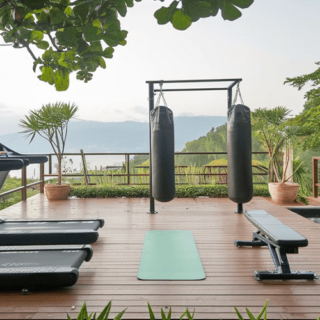

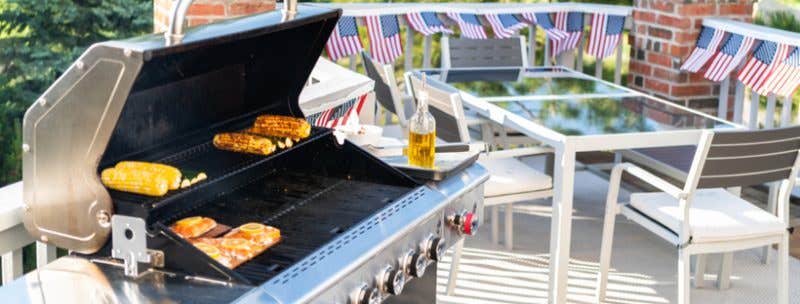
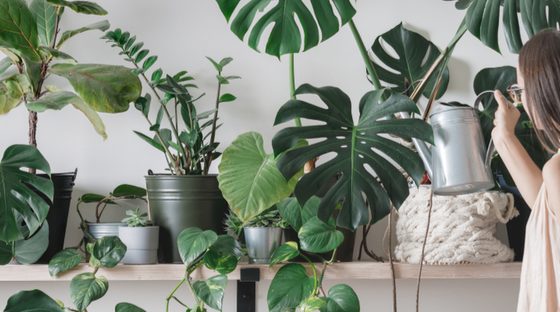
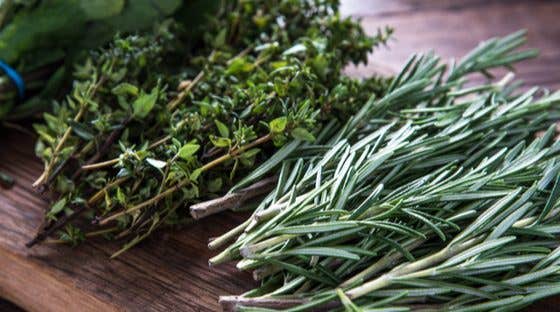
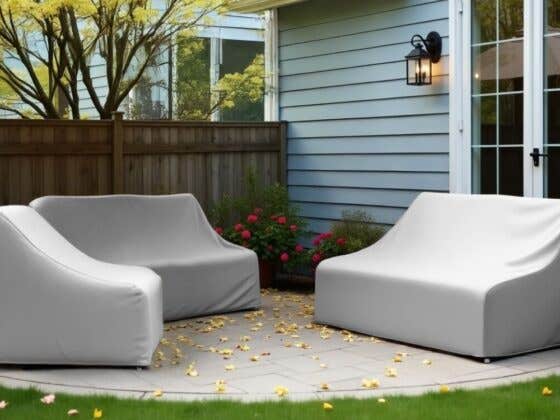
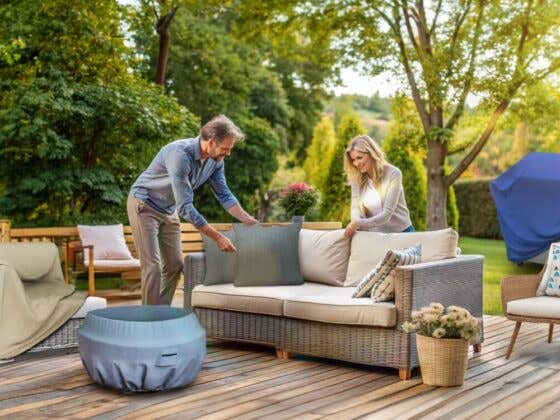
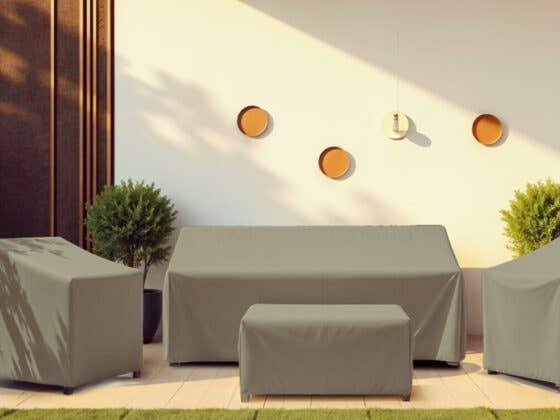
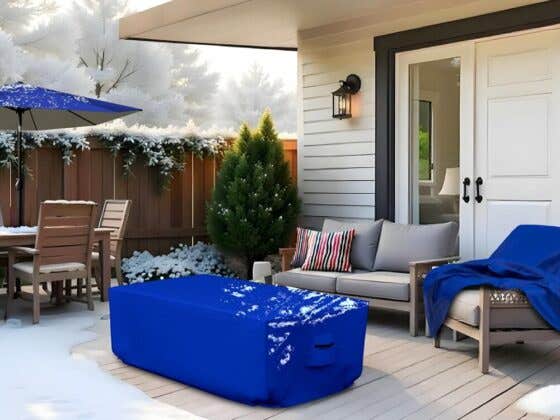

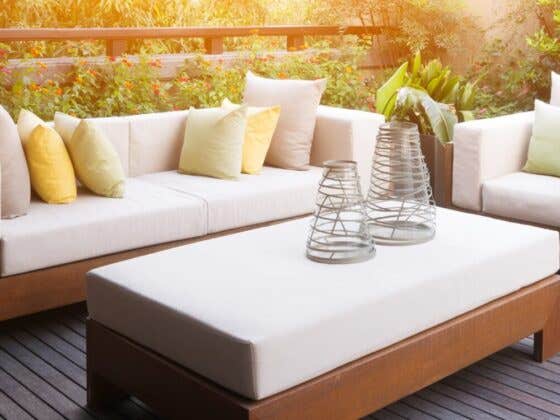
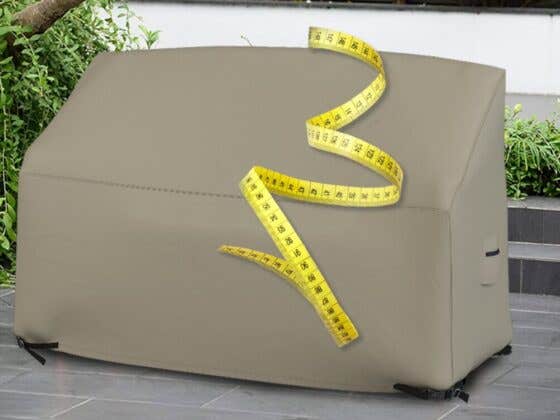
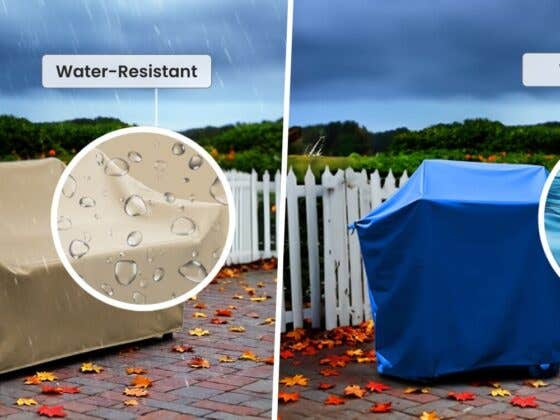
Recent Comments